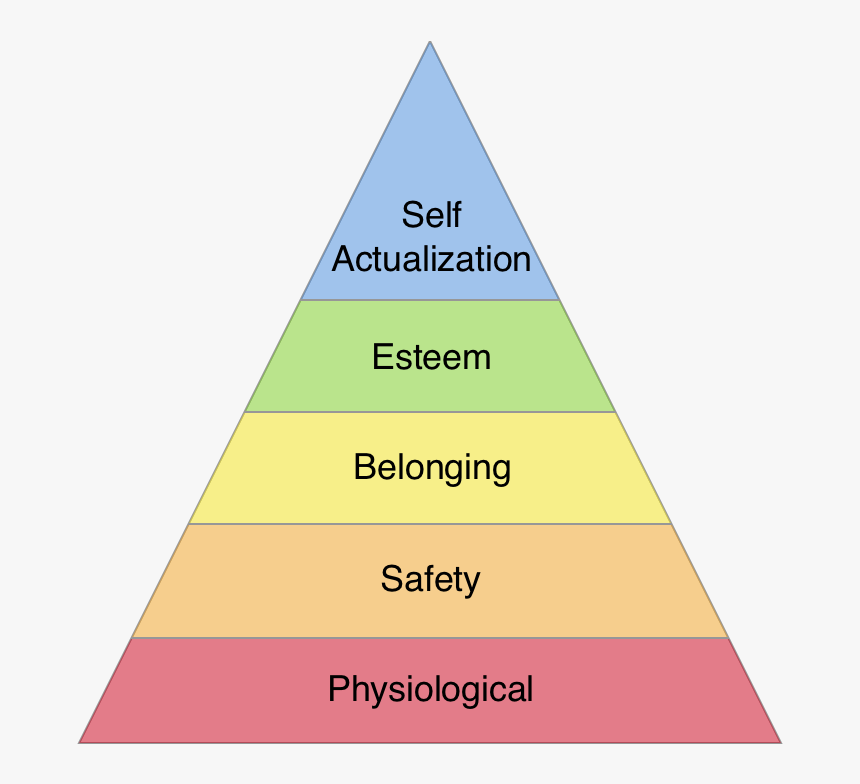How Meeting Employee Needs Can Drive Success
By understanding the needs of their employees and how they can fulfill them, businesses can create a work environment that fosters growth and success. In this blog post, we will explore Maslow’s hierarchy of needs and its impact on business.
Understanding Maslow’s Hierarchy of Needs
Maslow’s hierarchy of needs is a five-tier model of human needs that outlines the basic requirements for human survival and fulfillment. The hierarchy is structured in a pyramid, with the most basic needs at the bottom and the highest needs at the top. The five levels are physiological needs, safety needs, love and belonging needs, esteem needs, and self-actualization needs.
Impact on Business
The fulfillment of employee needs plays a critical role in business success. Businesses that prioritize the fulfillment of their employees’ basic needs can create a work environment that fosters employee engagement, productivity, and overall success. Here are some ways that Maslow’s hierarchy of needs impacts business:
Physiological Needs: Providing employees with a safe and comfortable working environment, access to food and water, and fair compensation can satisfy their physiological needs.
Safety Needs: By providing employees with job security, benefits, and a positive workplace culture, businesses can fulfill their safety needs.
Love and Belonging Needs: Creating a sense of community and promoting team-building activities can fulfill employees’ love and belonging needs.
Esteem Needs: Recognition, rewards, and opportunities for career advancement can fulfill employees’ esteem needs.
Self-Actualization Needs: Providing opportunities for personal and professional development, such as training and development programs, can fulfill employees’ self-actualization needs.
Benefits of Fulfilling Employee Needs
Fulfilling employee needs can result in numerous benefits for businesses. By providing a work environment that satisfies employees’ basic needs, businesses can increase employee satisfaction, engagement, and productivity. Employees who feel valued and fulfilled are more likely to remain with the company long-term and work harder to achieve their goals. Additionally, businesses that prioritize employee needs can create a positive work culture that attracts top talent and promotes success.
Conclusion
Maslow’s hierarchy of needs is not just a theory but also a practical tool for businesses to create a work environment that fosters growth and success. By understanding the needs of their employees and taking steps to fulfill them, businesses can create a positive work culture that drives success. By prioritising employee needs, businesses can attract and retain top talent, increase productivity, and ultimately achieve their goals.

